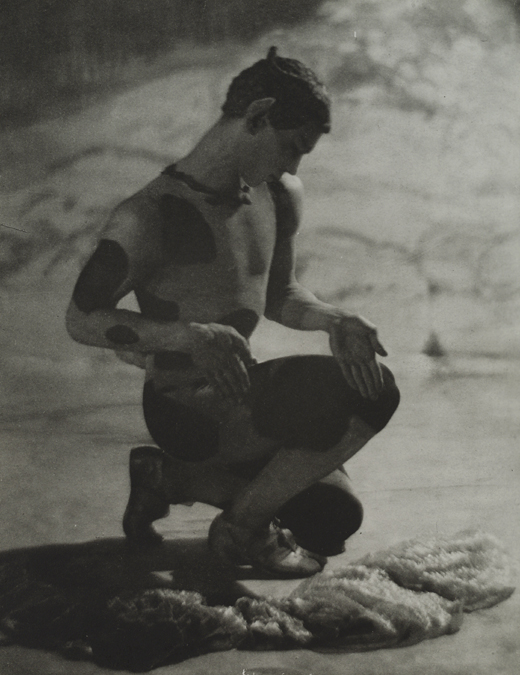
The Edge of the World [excerpt]
by Adunis
I release the earth and I imprison the skies. I fall down in order to stay faithful to
the light, in order to make the world ambiguous, fascinating, changeable, dangerous, in
order to announce the steps beyond.
The blood of the gods is still fresh on my clothes. A seagull's scream echoes
through my pages. Let me just pack up my words and leave.
The Earth
How often you have said to me
"I have another country,"
your palms filling with tears
and your eyes
filling with lightning
from where the borders keep edging closer.
Did your eyes know that the earth,
whenever it cried or cheered your footsteps,
here where you have sung, or there,
that it knows every passerby but you
and knows itself to be one,
dried up breasts, dry inside,
and that it doesn't know the ritual of rejection?
Did your eyes realize
that you yourself are the earth?
From Mihyar of Damascus: His Songs by Adonis. Copyright © 2008 by Adonis. Reprinted by permission of B.O.A. Editions. All rights reserved.
Biografía
Adonis was born Ali Ahmed Said in the village of Al Qassabin in Syria, in 1930, to a family of farmers, the oldest of six children. At the age of nineteen, he adopted the name Adonis (also spelled Adunis), after the Greek god of fertility, with the hopes that the new name would result in newspaper publication of his poems.
Although his family could not afford to send Adonis to school, his father taught him to read poetry and the Qu'ran, and memorize poems while he worked in the fields. When he was fourteen, Adonis read a poem to the president of Syria who was visiting a nearby town. The impressed president offered to grant a request, to which the young Adonis responded that he wanted to attend school. The president quickly made arrangements for Adonis to attend a French-run high school, after which he studied philosophy at Damascus University.
In 1956, after a year-long imprisonment for political activities, Adonis fled Syria for Beirut, Lebanon. He joined a vibrant community of artists, writers, and exiles in Beirut, and co-founded and edited Sh'ir, and later Muwaqaf, both progressive journals of poetry and politics. He studied at St. Joseph University in Beirut and obtained his Doctorat d'Etat in 1973.
Considered one of the Arab world's greatest living poets, Adonis is the author of numerous collections, including Mihyar of Damascus (BOA Editions, 2008), A Time Between Ashes and Roses (Syracuse University Press, 2004); If Only the Sea Could Sleep (2003); The Pages of Day and Night (2001); Transformations of the Lover (1982); The Book of the Five Poems (1980); The Blood of Adonis (1971), winner of the Syria-Lebanon Award of the International Poetry Forum; Songs of Mihyar the Damascene (1961), Leaves in the Wind (1958), and First Poems (1957). He is also an essayist, an editor of anthologies, a theoretician of poetics, and the translator of several works from French into Arabic.
Over the course of his career, Adonis has fearlessly experimented with form and content, pioneering the prose poem in Arabic, and taking a influential, and sometimes controversial role in Arab modernism. In a 2002 interview in the New York Times, Adonis declared: '"There is no more culture in the Arab world. It's finished. Culturally speaking, we are a part of Western culture, but only as consumers, not as creators."
Adonis's awards and honors include the first ever International Nâzim Hikmet Poetry Award, the Syria-Lebanon Best Poet Award, and the Highest Award of the International Poem Biennial in Brussels. He was elected as Stephen Mallarme Academy Member in Paris in 1983. He has taught at the Lebanese University as a professor of Arabic literature, at Damascus University, and at the Sorbonne. He has been a Lebanese citizen since 1961 and currently lives in Paris.

No hay comentarios.:
Publicar un comentario